The views expressed in our content reflect individual perspectives and do not represent the authoritative views of the Baha'i Faith.
“In becoming forcibly and essentially aware of my mortality, and of what I wished and wanted for my life, however short it might be, priorities and omissions became strongly etched in a merciless light, and what I most regretted were my silences,” wrote Audre Lorde in her paper, “The Transformation of Silence into Language and Action,” delivered at a panel for the Modern Language Association in Chicago, Illinois, on December 28, 1977.
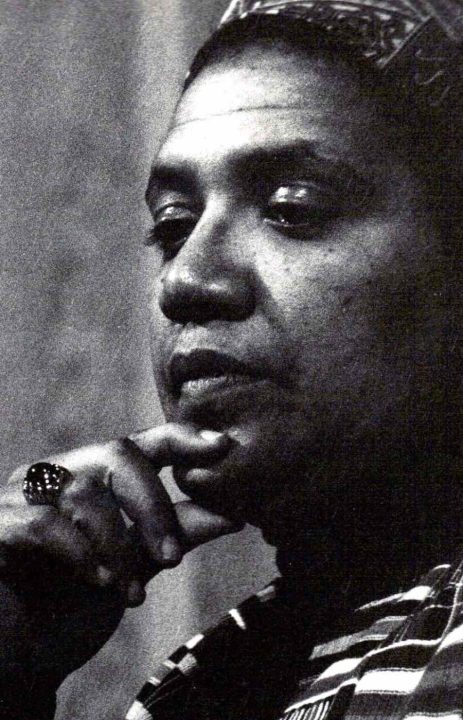
I studied some of her speeches and essays in preparation for the Africana Discourse on Social Transformation seminar at the 48th Annual Conference of the Association for Baha’i Studies, and her words moved me deeply.
After Audre Lorde was diagnosed with breast cancer and was told that there was a “60 to 80 percent chance that the tumor was malignant,” she was forced to reflect on and reorganize her entire life.
Her painful wakeup call reminded me of Baha’u’llah’s admonition:
Bring thyself to account each day ere thou art summoned to a reckoning; for death, unheralded, shall come upon thee and thou shalt be called to give account for thy deeds.
As she waited for three weeks to have breast surgery, Audre Lorde brought herself to account and asked, “Of what had I ever been afraid? To question or to speak as I believed could have meant pain, or death. But we all hurt in so many different ways, all the time, and pain will either change or end. Death, on the other hand, is the final silence. And that might be coming quickly, now, without regard for whether I had ever spoken what needed to be said, or had only betrayed myself into small silences, while I planned someday to speak, or waited for someone else’s words.”
This African American professor, writer, poet, and activist had experienced many layers of oppression and intersectional trauma due to racism, sexism, and homophobia. She, sadly, realized that silencing her voice and swallowing her pain was not protecting her. It was killing her.
RELATED: The Hidden Toll: Mental and Physical Health Effects of Racism
She asked, “What are the words you do not yet have? What do you need to say? What are the tyrannies you swallow day by day and attempt to make your own, until you will sicken and die of them, still in silence?”
Her question struck a chord in me as I thought of myself and too many other victims of misogynoir who have experienced great physical and emotional pain from wearing a mask and suffering in silence. I cried as I thought of all the women, people of color, and every other marginalized community whose silence, ultimately, betrayed themselves.
Baha’u’llah, the prophet and founder of the Baha’i Faith, wrote:
Man should know his own self, and know those things that lead to loftiness or to baseness, to shame or to honor, to wealth or to poverty.
What honor is there in trivializing our truths or suppressing our stories? Audre Lorde said, “We can sit in our corners mute forever while our sisters and our selves are wasted, while our children are distorted and destroyed, while our earth is poisoned; we can sit in our safe corners mute as bottles, and we will still be no less afraid.”
By speaking up about discrimination and injustice, we encourage others to stand up as well and transform this silence into language and action.
Abdu’l-Baha, one of the central figures of the Baha’i Faith, wrote:
When we speak let our speech be an outward evidence of the inner light, for we must speak the truth, otherwise we shall not act wisely.
…Unless man express himself in this day he will remain like a closed casket and one cannot know whether it contain jewels or glass.
It is the duty of every soul to express their truths and show the divine gems inside them. I, personally, didn’t heal until I started poetically journaling my story, turning pain into purpose and grief into collateral beauty.
RELATED: Patiently Striving to Create Beauty From Pain — With Radiance Talley
Audre Lorde did not live a long life. Six years after she was diagnosed with breast cancer, she was also diagnosed with liver cancer and passed away at age 58 in 1992. As we all know, death is unavoidable. We will all pass away, hopefully much later than sooner, and we don’t want to die with regrets and missed opportunities to better this world.
“The fact that we are here and that I speak these words is an attempt to break that silence and bridge some of those differences between us, for it is not difference which immobilizes us, but silence,” wrote Audre Lorde. “And there are so many silences to be broken.”


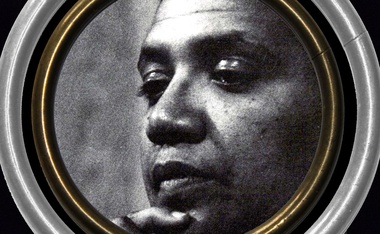
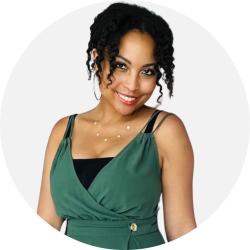
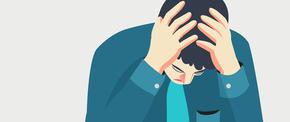

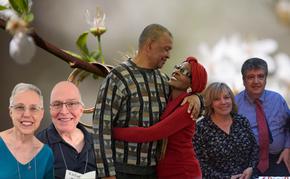




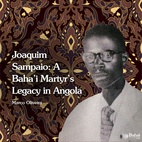
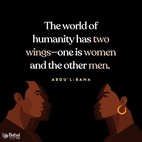
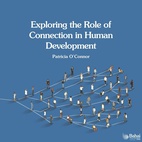
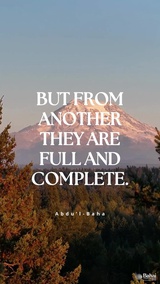


Comments
Sign in or create an account
Continue with Googleor